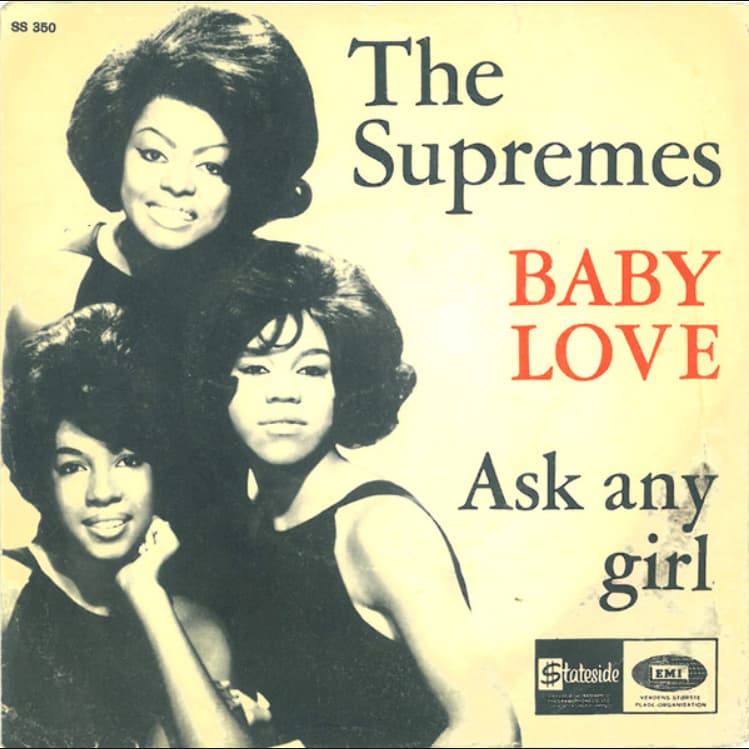
The Supremes’ “Baby Love”: A Soulful Milestone That Shaped the 1960s
When The Supremes released “Baby Love” on September 17, 1964, they were already on the cusp of stardom, having scored a massive hit with their previous single, “Where Did Our Love Go.” Yet, with “Baby Love,” they did more than just replicate success; they solidified their status as one of the most iconic groups of the 1960s, shaping the sound of Motown and leaving an indelible mark on American pop music.
Penned by the legendary songwriting and production trio Holland–Dozier–Holland, “Baby Love” was crafted to capture the same magic that made its predecessor a chart-topper. The song features Diana Ross’s smooth and tender lead vocals, complemented by the sweet harmonies of Florence Ballard and Mary Wilson. The musical arrangement, driven by the Funk Brothers, with its distinctive footstomping beat provided by teenage Mike Valvano, gives the song a rhythm that is both infectious and unmistakably Motown.
Upon its release, “Baby Love” quickly climbed the charts, reaching the pinnacle of success by securing the number one spot on the Billboard Hot 100 on October 31, 1964, and maintaining that position for four consecutive weeks. This achievement was particularly significant as it marked The Supremes as the first Motown act to have more than one number-one single in the United States. In addition to its American success, the song also topped the UK Singles Chart, showcasing the group’s international appeal.
The impact of “Baby Love” extended beyond its chart performance. It was nominated for a Grammy Award in 1965 for Best Rhythm & Blues Recording, a testament to its musical quality and widespread popularity. Though it ultimately lost to Nancy Wilson’s “How Glad I Am,” the nomination further cemented The Supremes’ place in the upper echelons of the music industry.
What makes “Baby Love” enduring is not just its chart success, but its influence on the genre and its lasting legacy. The song has been recognized as one of the greatest songs of all time, earning a place on Rolling Stone’s list of The 500 Greatest Songs of All Time, where it was ranked number 324 before being adjusted to number 499 in a 2021 update. Moreover, it secured the 23rd spot on The Top 100 Digital Motown Chart by the BBC, a ranking that reflects its continued resonance with audiences through downloads and streams in the UK.
Musically, “Baby Love” set a template for future Motown hits with its polished production, catchy melodies, and relatable lyrics about love and longing. The song’s success paved the way for The Supremes to dominate the charts throughout the 1960s, amassing a total of 12 number-one singles by the end of the decade—a record that still stands as the most by any Motown act.
As the second of five consecutive number-one hits, “Baby Love” not only helped to define the sound of Motown but also captured the essence of an era. It remains a classic that continues to be celebrated for its contribution to music history, its role in the evolution of R&B, and its place in the hearts of listeners across generations.